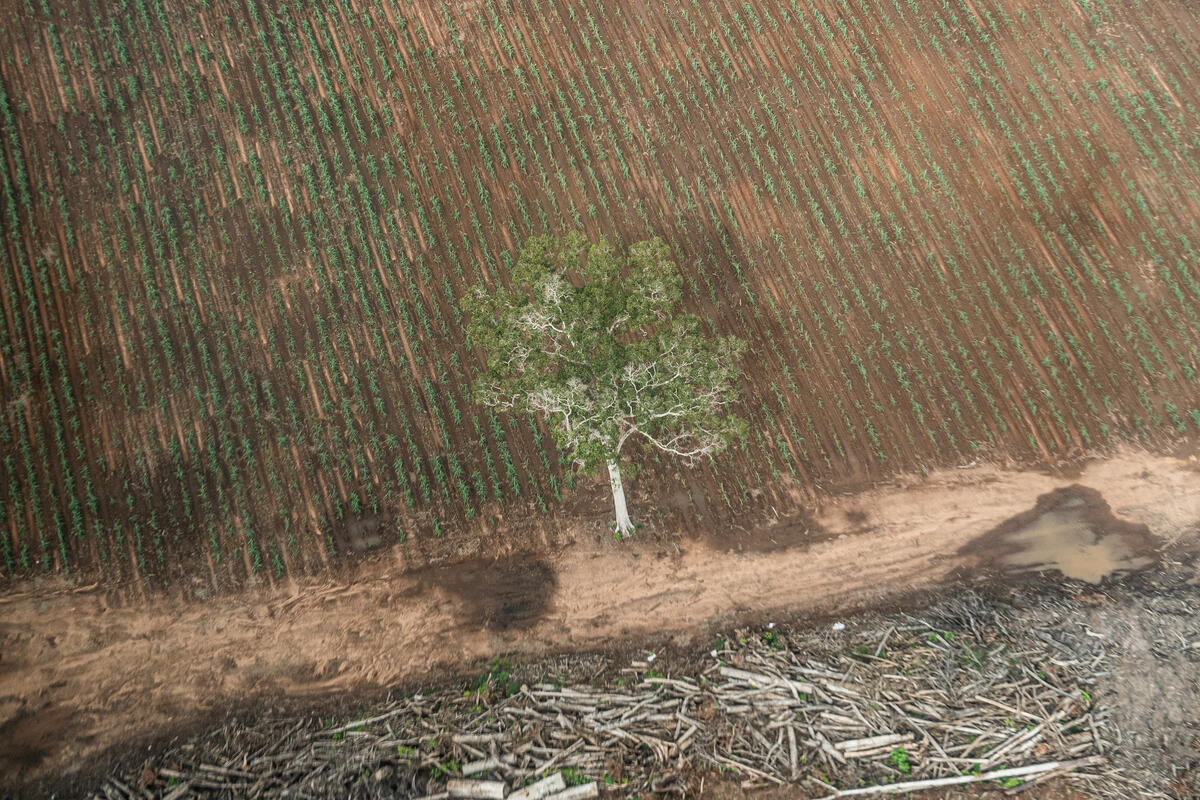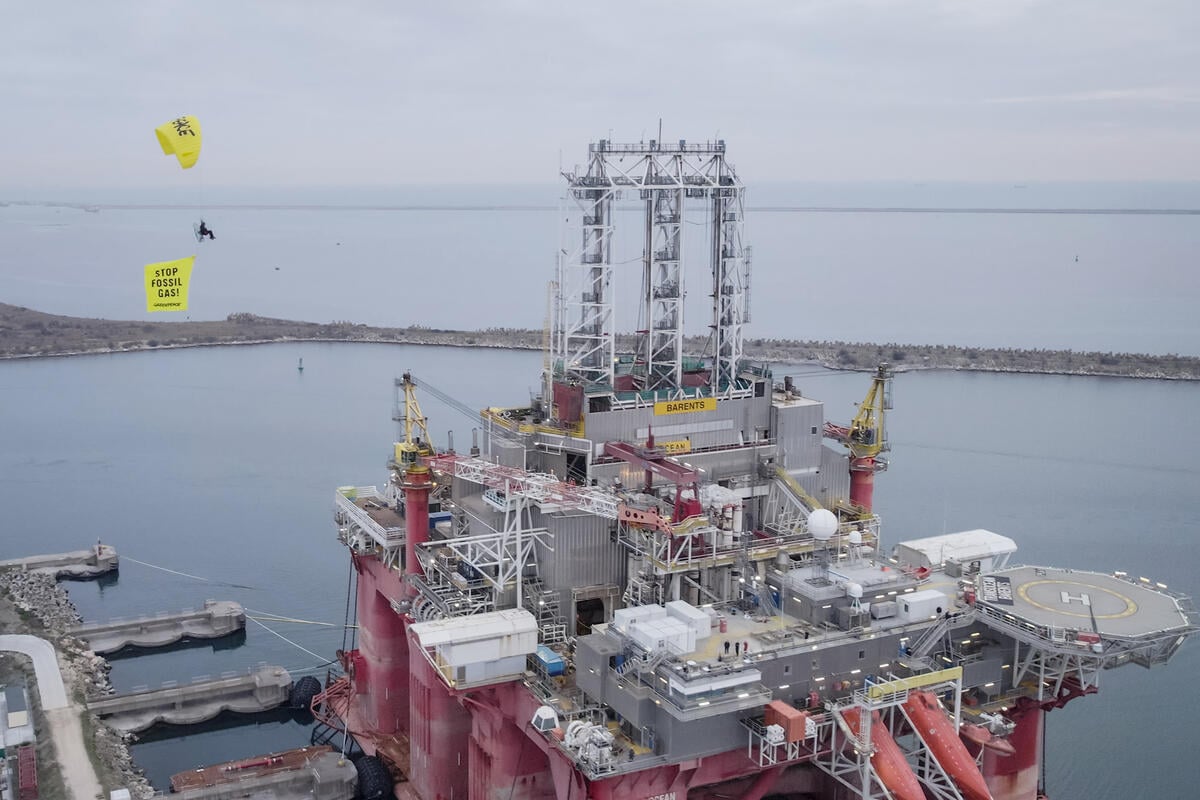Burning coal also releases massive amounts of substances such as mercury and arsenic that are toxic to human health and create acutely detrimental effects on developing economies. Despite all the negative impacts of coal-based power generation, however, nothing has been done by the Philippine government to account for the external costs of coal fired power plants much less stop the expansion of coal in the country.
According to the External Cost study conducted by the European Commission (EC) in 2003 on different types of power generation, coal-fired power plants registered the highest external cost. In comparison, renewable energy sources such as wind power exhibited the lowest external cost.
Also known as externalities, external costs arise when the social or economic activities of, say, a power station, have an impact on a set of people and when that impact is not fully accounted, or compensated for, by the power plant. Thus, a power station that generates sulfur dioxide or mercury emissions, causing damage to human health, imposes an external cost. Environmental costs are thus “externalized” because, although they are real costs to members of society, the owner of the power station is not taking them into account when making decisions related to his economic activities.
The EC study considered climate change impacts, human mortality (i.e. reduction in life expectancy, cancers), human morbidity (i.e. respiratory hospital admissions, restricted activity days, congestive heart failure), its impacts on building materials (i.e. aging of galvanized steel, paint), crops (i.e. changes in yields caused by nitrogen oxide, sulfur dioxide, trioxide and acid deposition), amenity losses due to noise or spoliation of aesthetics, and the impacts of acid and nitrogen deposition on ecosystems.
When coal companies refer to coal as a ‘cheap’ source of energy, they do not tell us that coal is cheap only because Filipino taxpayers – and communities hosting coal plants – end up shouldering the massive costs and impacts created by burning coal for energy.



